The Medical Independent blog takes a look at the more unconventional niches in science and research
Highs and lows
New research presented at the 2019 Canadian Neuroscience Meeting held in Toronto, Canada, on 25 May shed light on the effects of cannabis on the adolescent brain. While the researchers pointed out that cannabis use in adolescence had a number of implications, the effects could be reversible.
The team based their research premise on the fact that cannabis has been decriminalised in Canada and approximately 19 per cent of Canadians aged 15-to-19 years use cannabis.
The team looked at a total of 3,826 students attending high school between 2012 and 2013, a sample representing 5 per cent of all such students, for a period of four years. They were interested in assessing the effects of cannabis use in this age group on impulsivity control, decision-making, memory and cognitive function. They also assessed the effects of alcohol use among this cohort using computerised cognitive testing.
They found that there was a stronger effect on the memory function of boys than girls, but both sexes were equally affected in terms of inhibition control.
Cannabis use was implicated in low cognitive functioning in the participants, as well as perceptual reasoning and memory recall. The authors suggested that cannabis use may have longer-lasting effects than alcohol use, as alcohol was not implicated regarding impairment of the same cognitive functions.
They also presented evidence at the meeting of the effects of THC, the psychoactive ingredient in cannabis, on the adolescent brain using rodent models. They concluded that it modified the mesolimbic pathway and prefrontal cortex, with effects that resembled the symptoms of schizophrenia. There were also implications associated with anxiety regulation, memory function and impaired social interactions.
In the human study participants, they found that adolescent THC exposure impacted the reward-motivation function.
However, they found that the application of pharmacological therapy had the potential to reverse the adverse effects of adolescent cannabis use and administering therapies simultaneously with THC exposure could limit the adverse effects on brain signalling pathways and prevent the development of schizophrenia-like symptoms.
The findings were published recently in Science Daily.
Gut feeling on anxiety
Probiotic and non-probiotic food and supplements can have a positive impact on anxiety symptoms by regulating micro-organisms in the gut, recent research has suggested.
A team of researchers at the Shanghai Mental Health Centre in the Jiao Tong University School of Medicine, China, sought to investigate the effects of these foods and supplements on people with anxiety disorders by reviewing 21 studies involving 1,503 people.
In 14 of the 21 studies, participants had taken probiotics to regulate intestinal microbiota, with people in the remaining studies using non-probiotic dietary interventions.
The authors found that in 11 out of the 21 studies, there were beneficial effects on anxiety symptoms. In the 14 studies where the participants used probiotics, 36 per cent said they noticed an improvement in their anxiety symptoms.
However, in six of the seven other studies where non-probiotics were used, the authors noted an effectiveness rate of 86 per cent in reducing the effects of anxiety.
Writing in the journal General Psychiatry, the authors commented: “We find that more than half of the studies included showed it was positive to treat anxiety symptoms by regulation of intestinal microbiota.
“There are two kinds of interventions (probiotic and non-probiotic interventions) to regulate intestinal microbiota, and it should be highlighted that the non-probiotic interventions were more effective than the probiotic interventions. More studies are needed to clarify this conclusion, since we still cannot run meta-analysis so far.
“We can also consider regulating intestinal flora to alleviate anxiety symptoms,” they added.
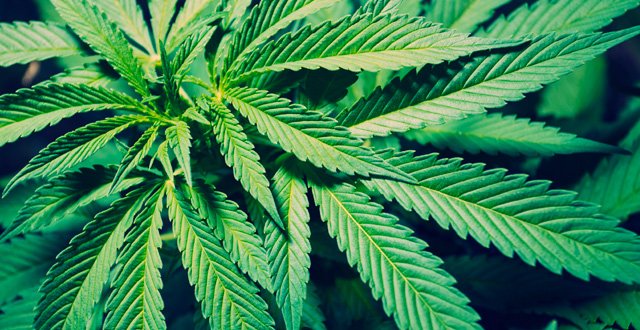
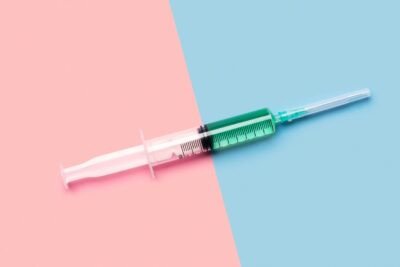
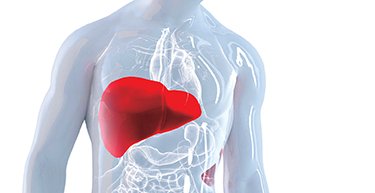
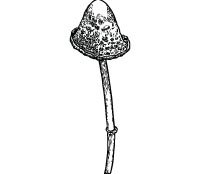
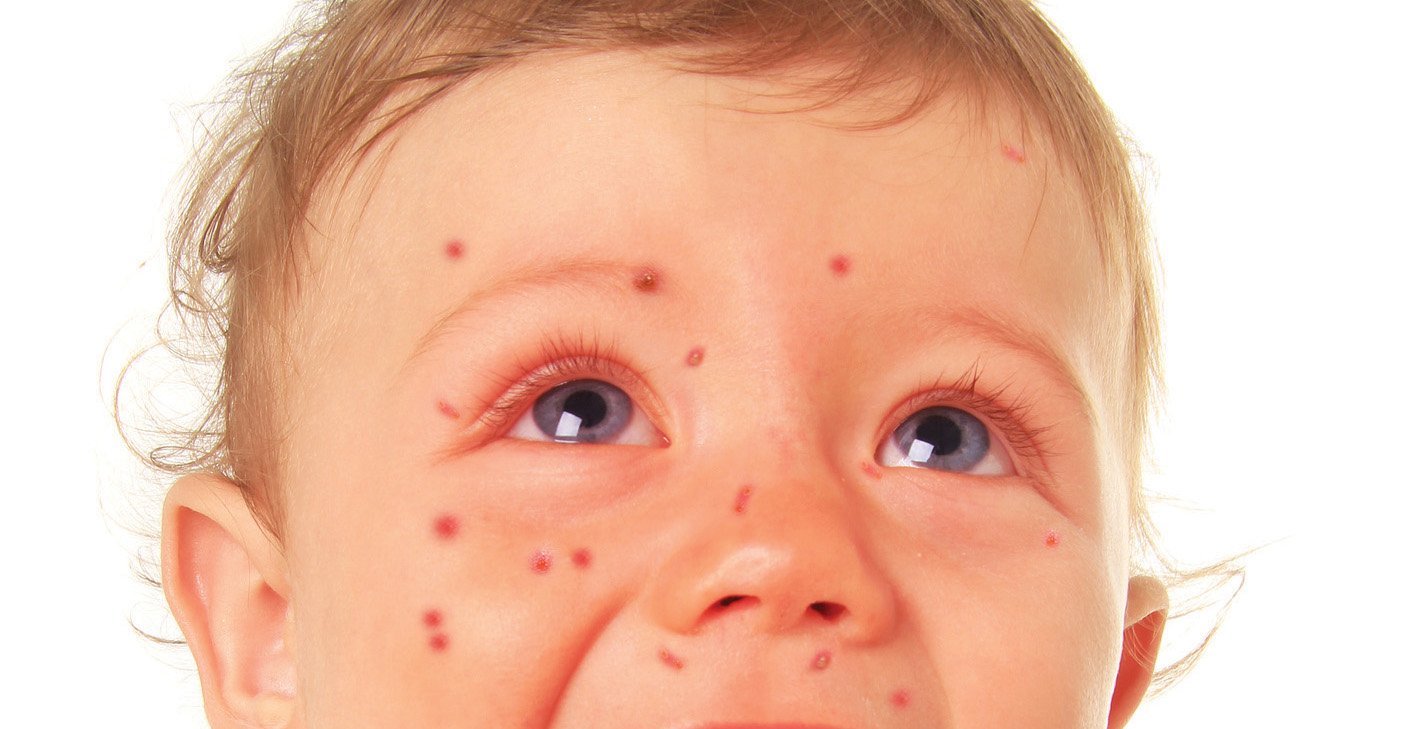
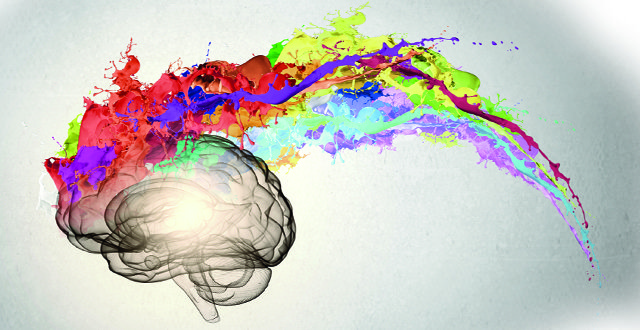

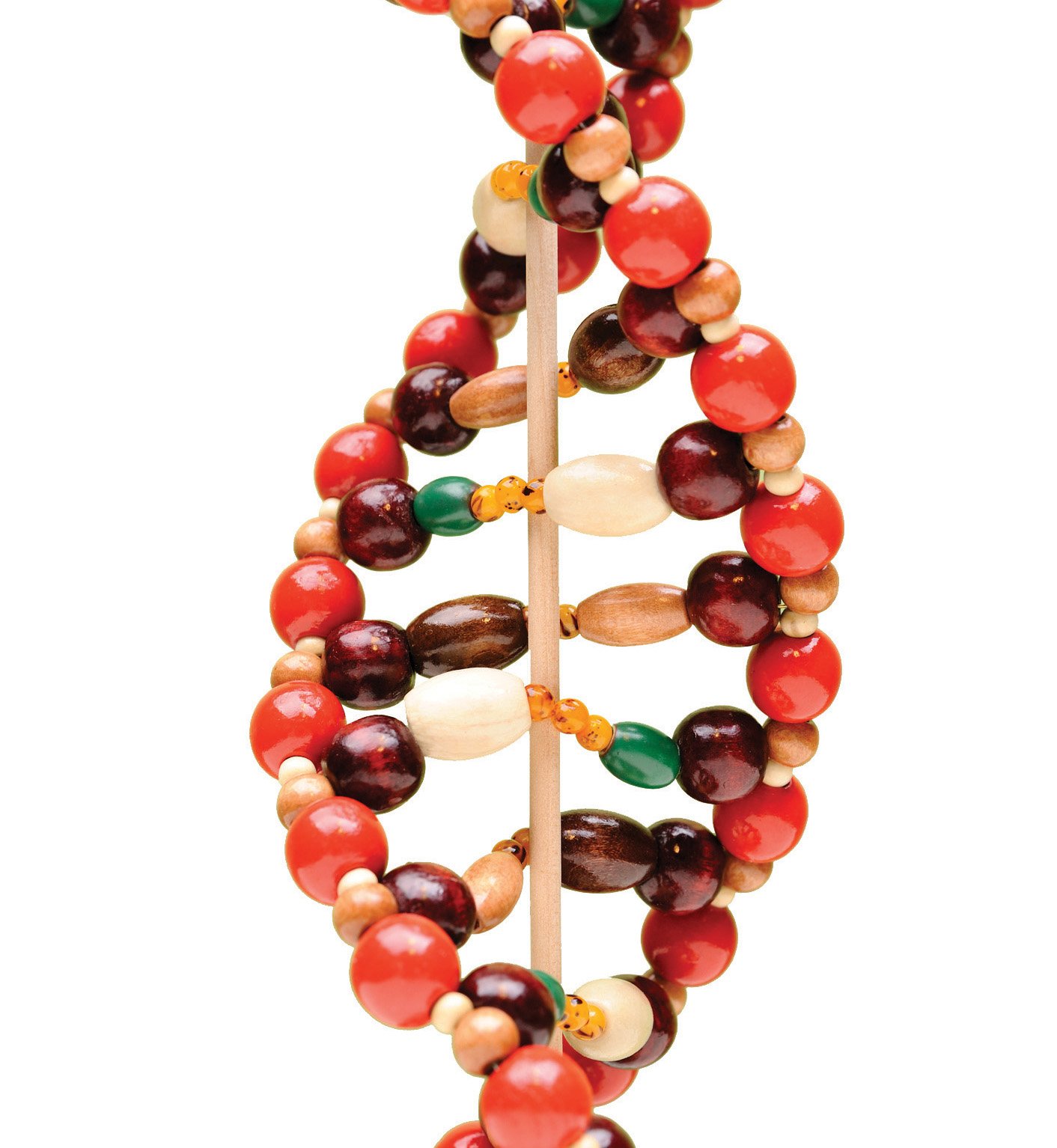
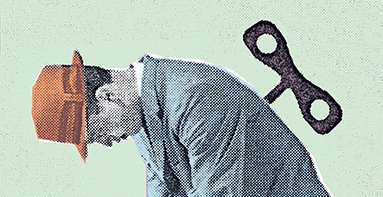




Leave a Reply
You must be logged in to post a comment.